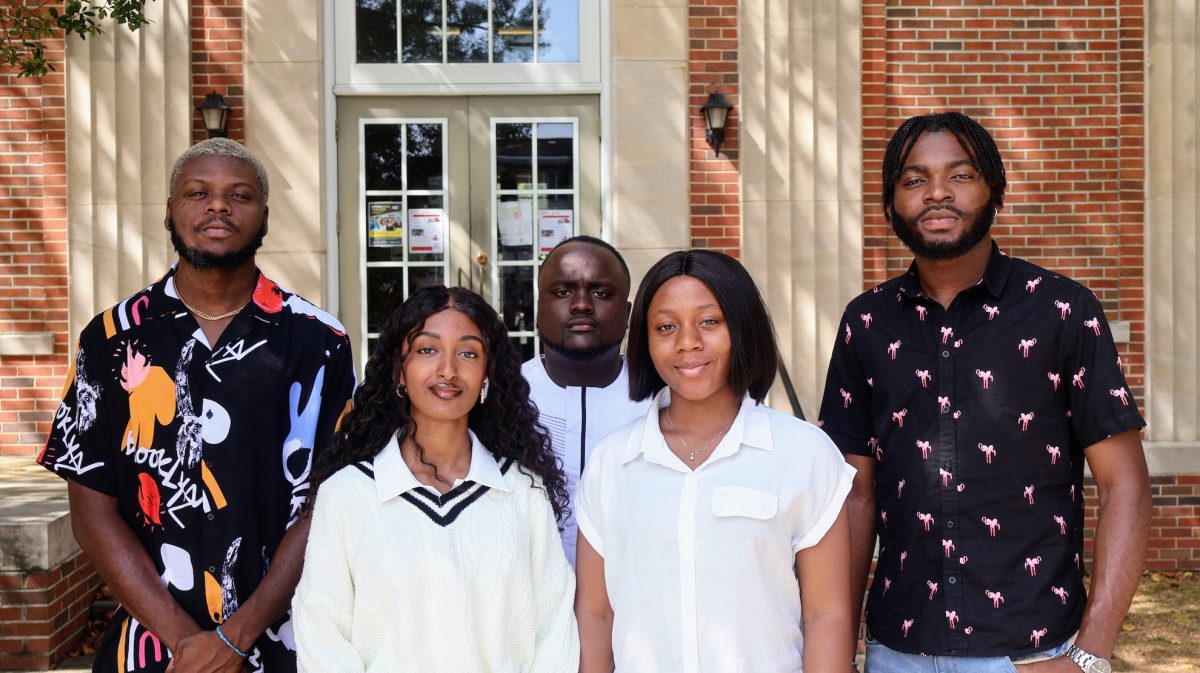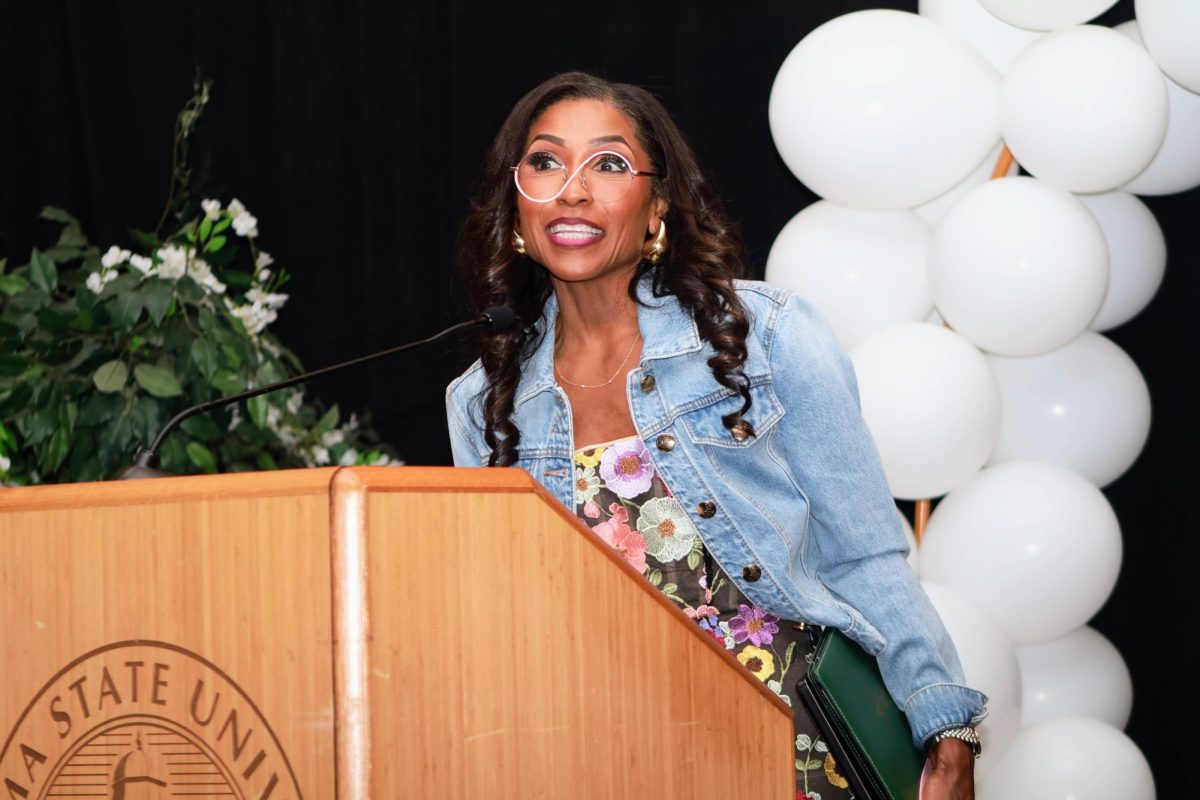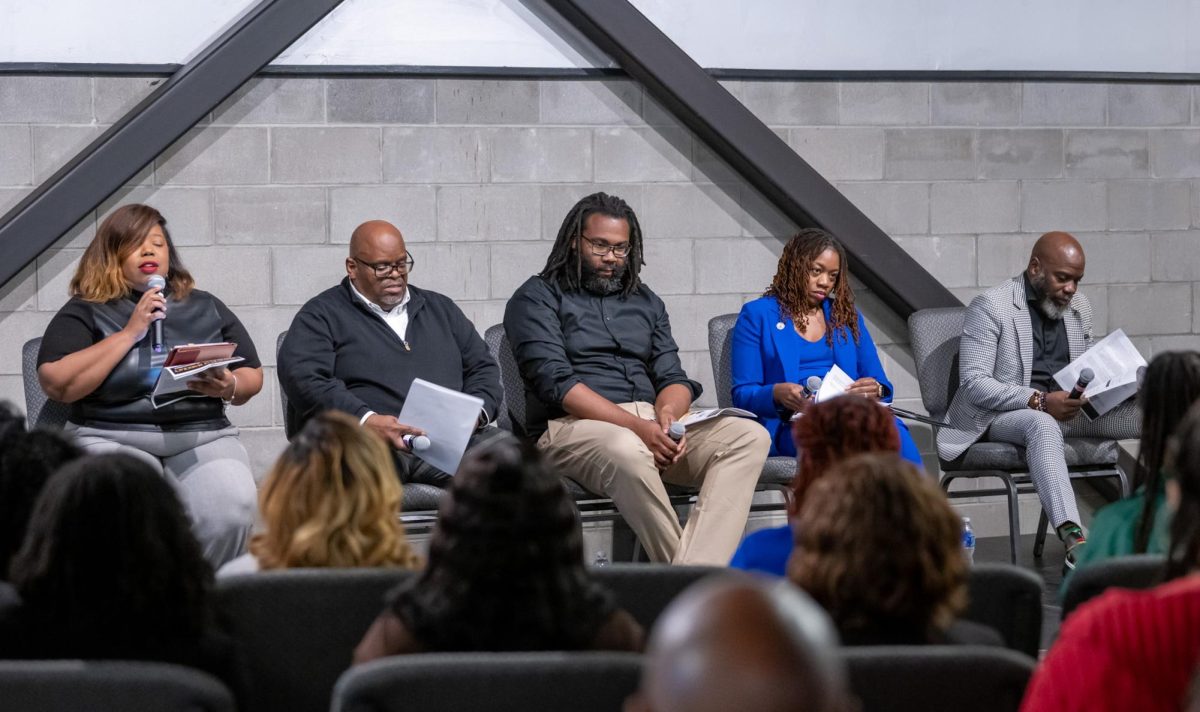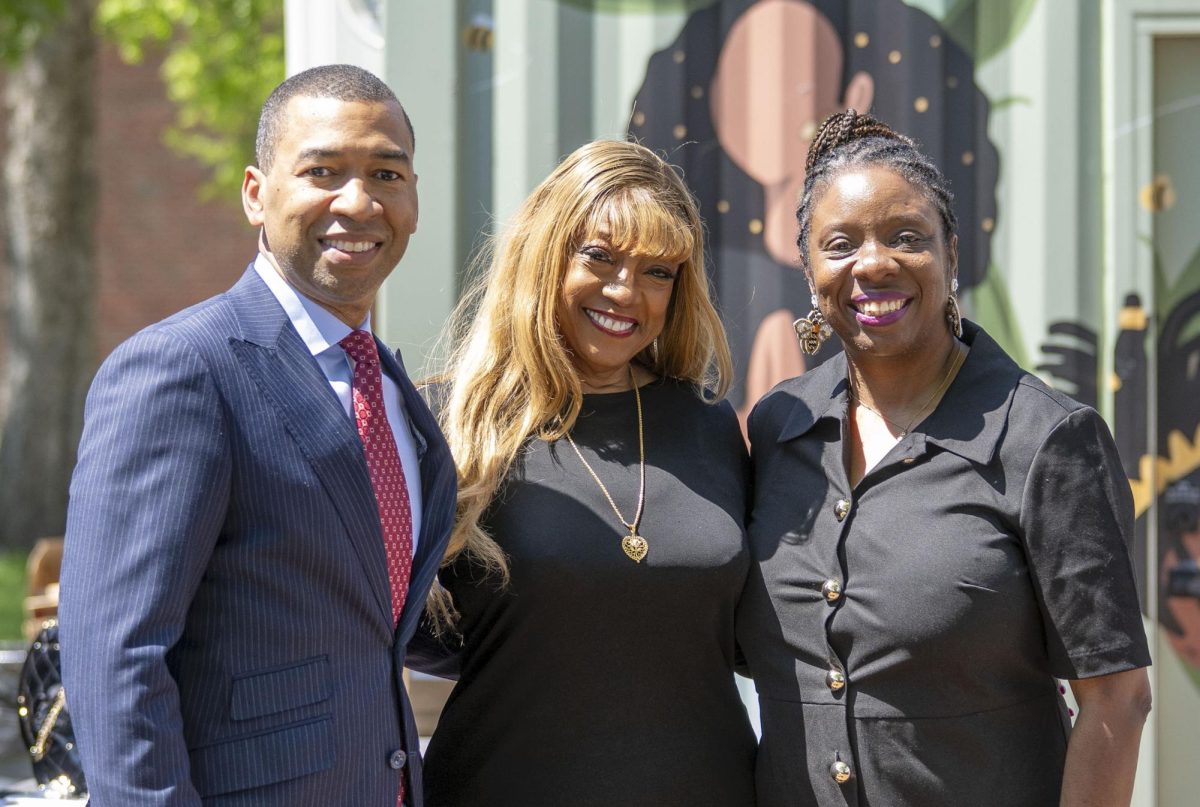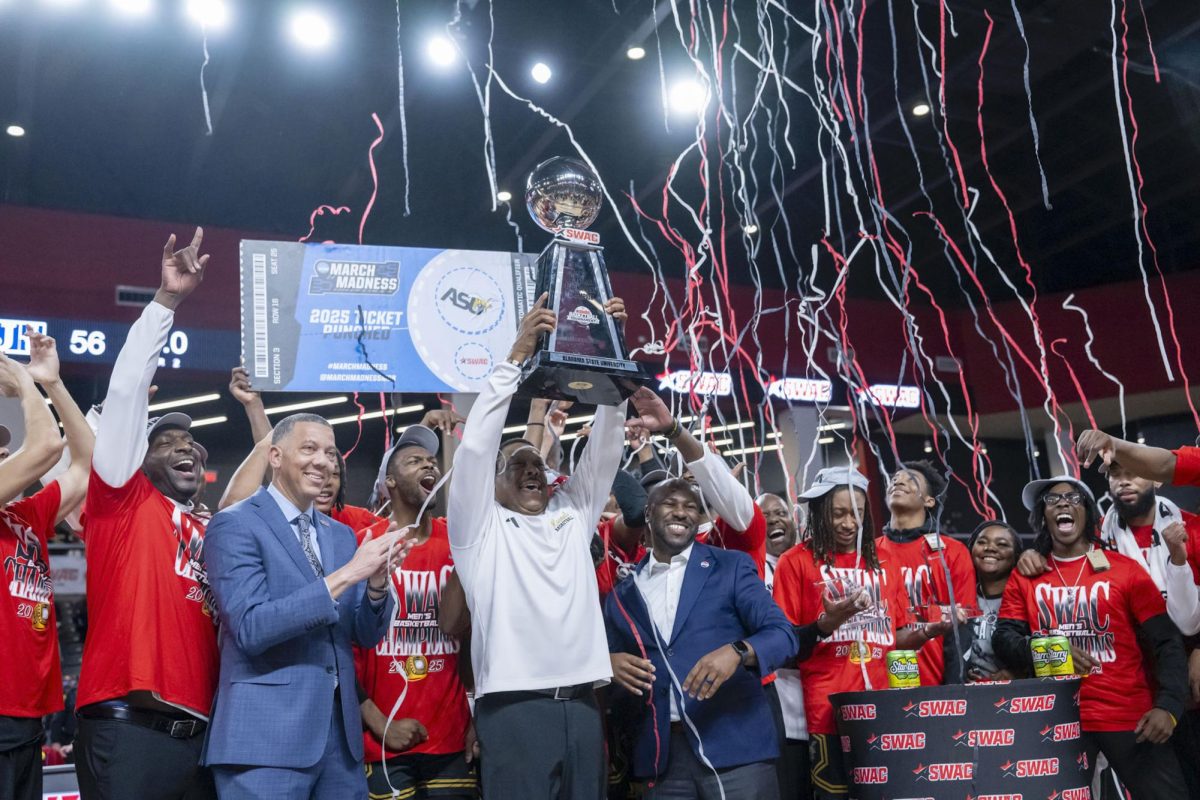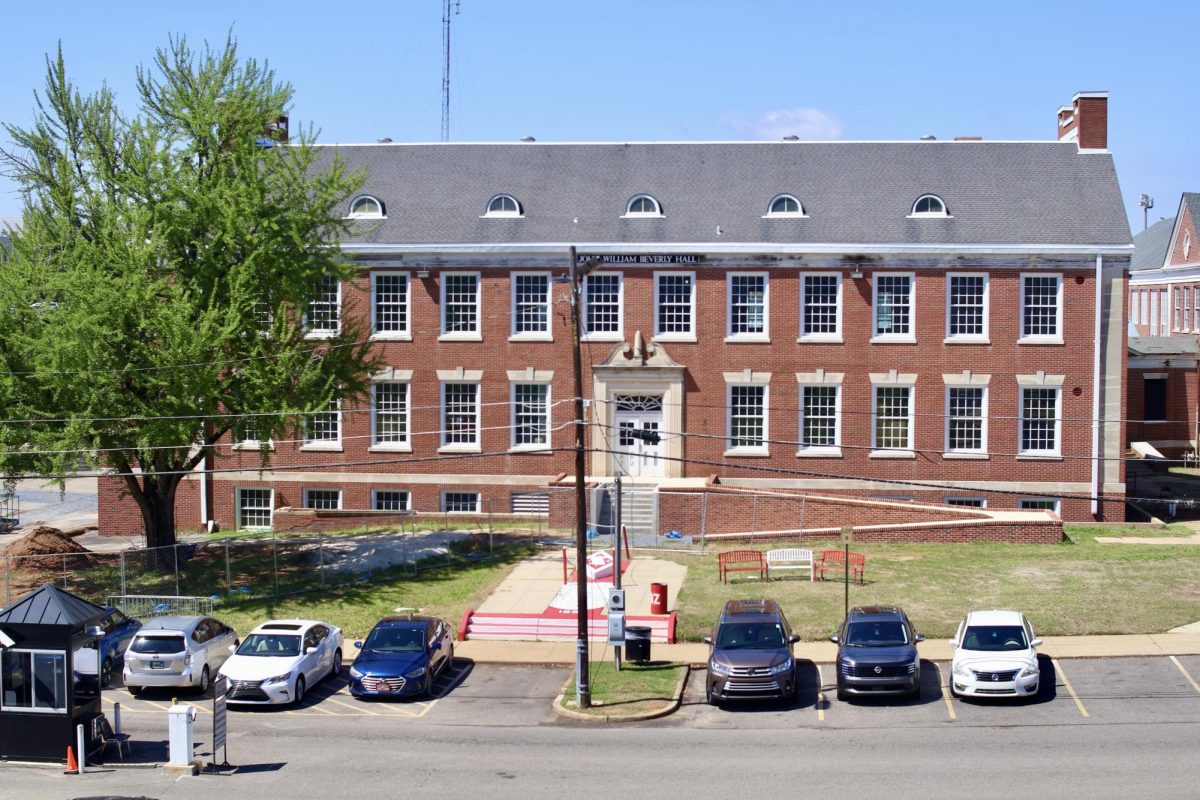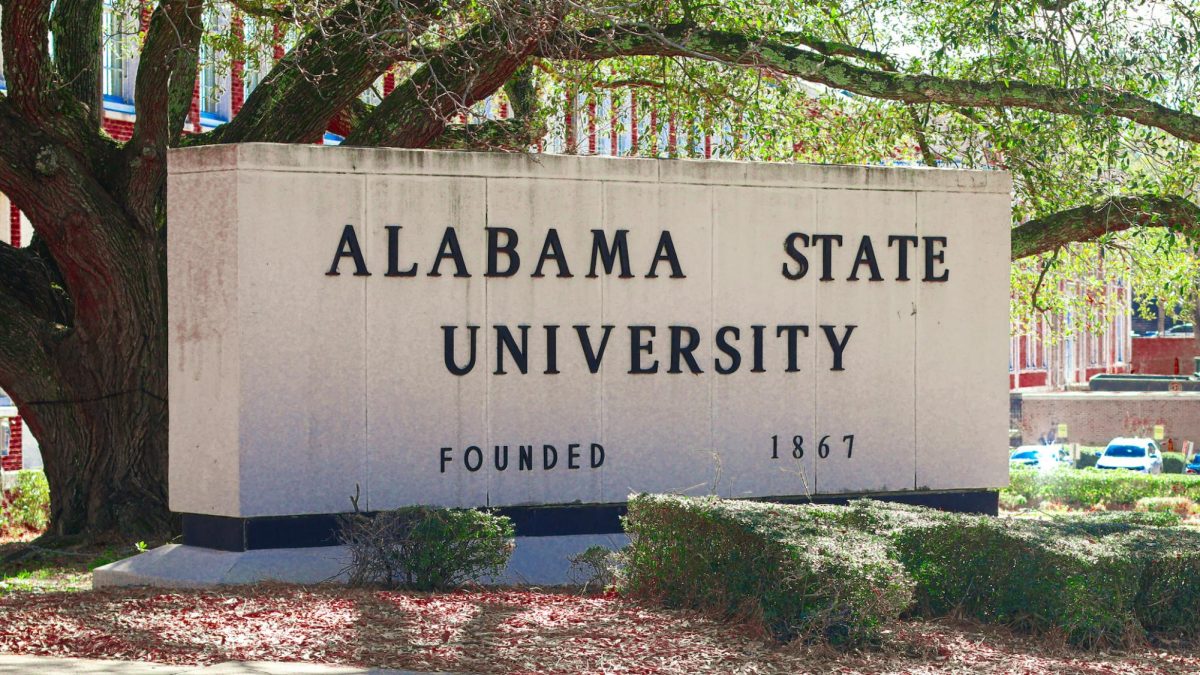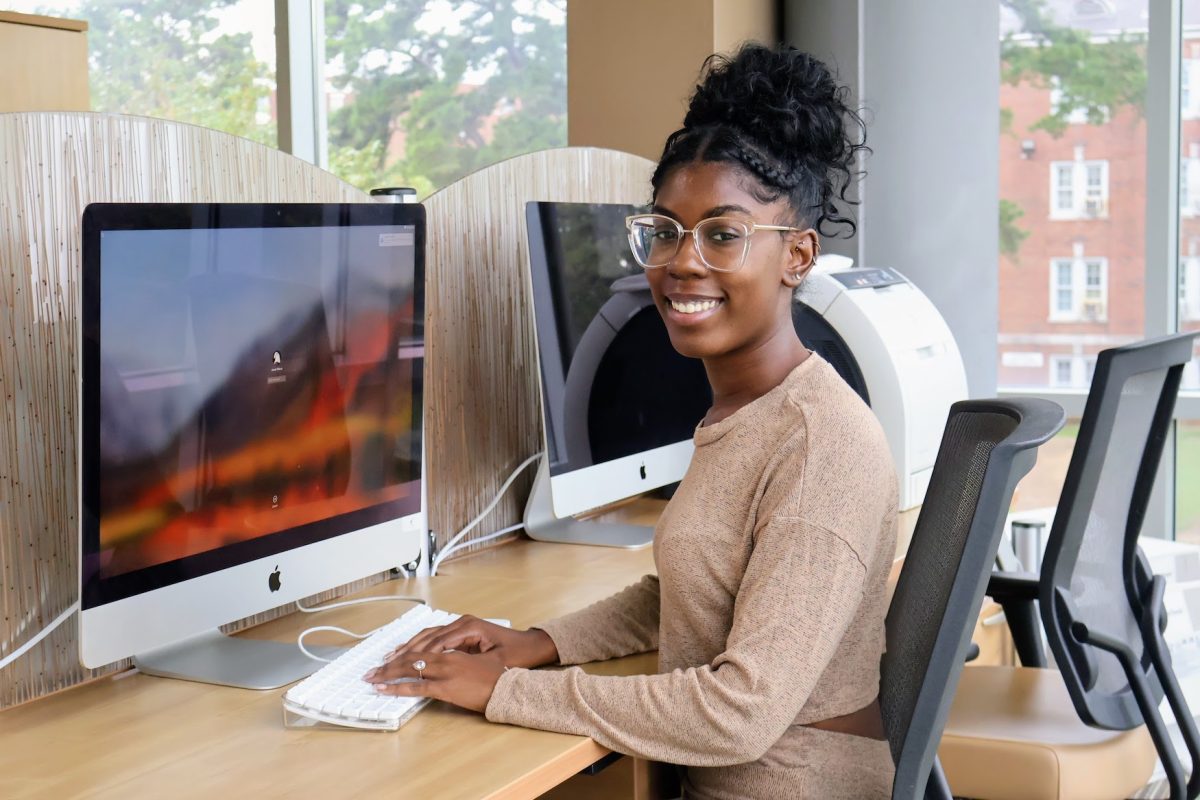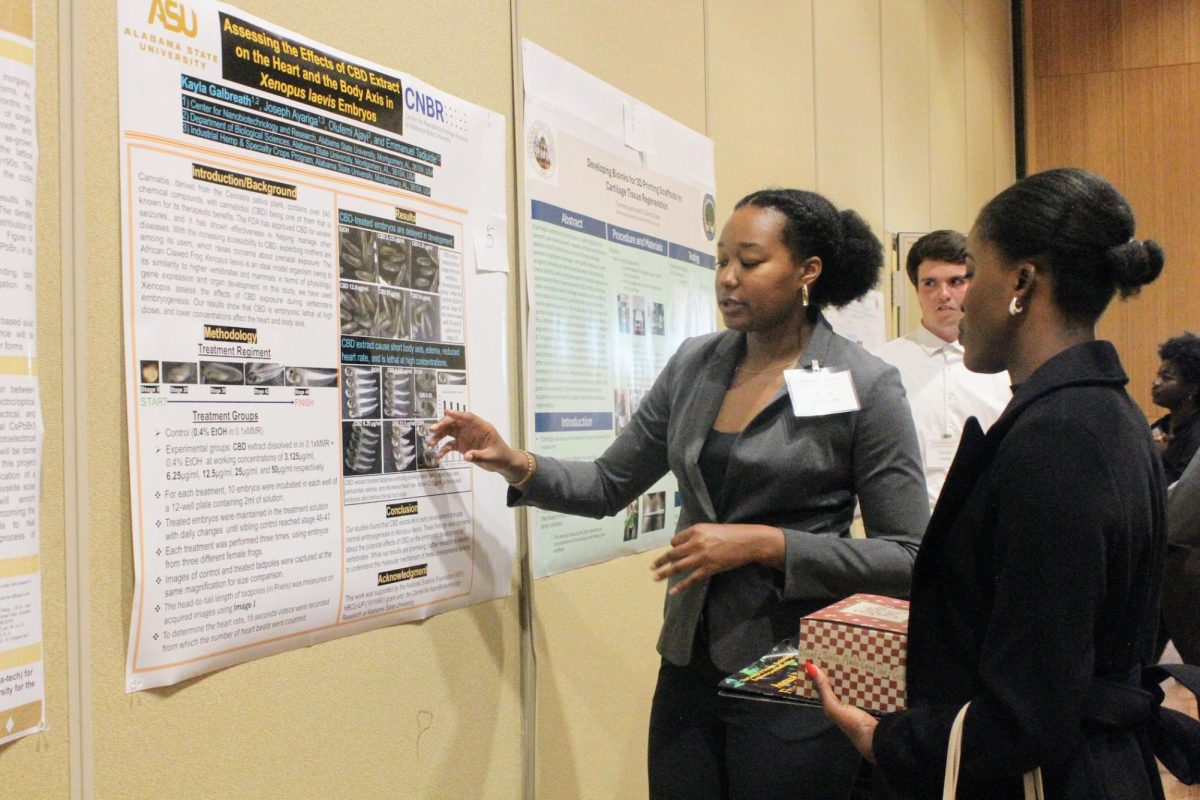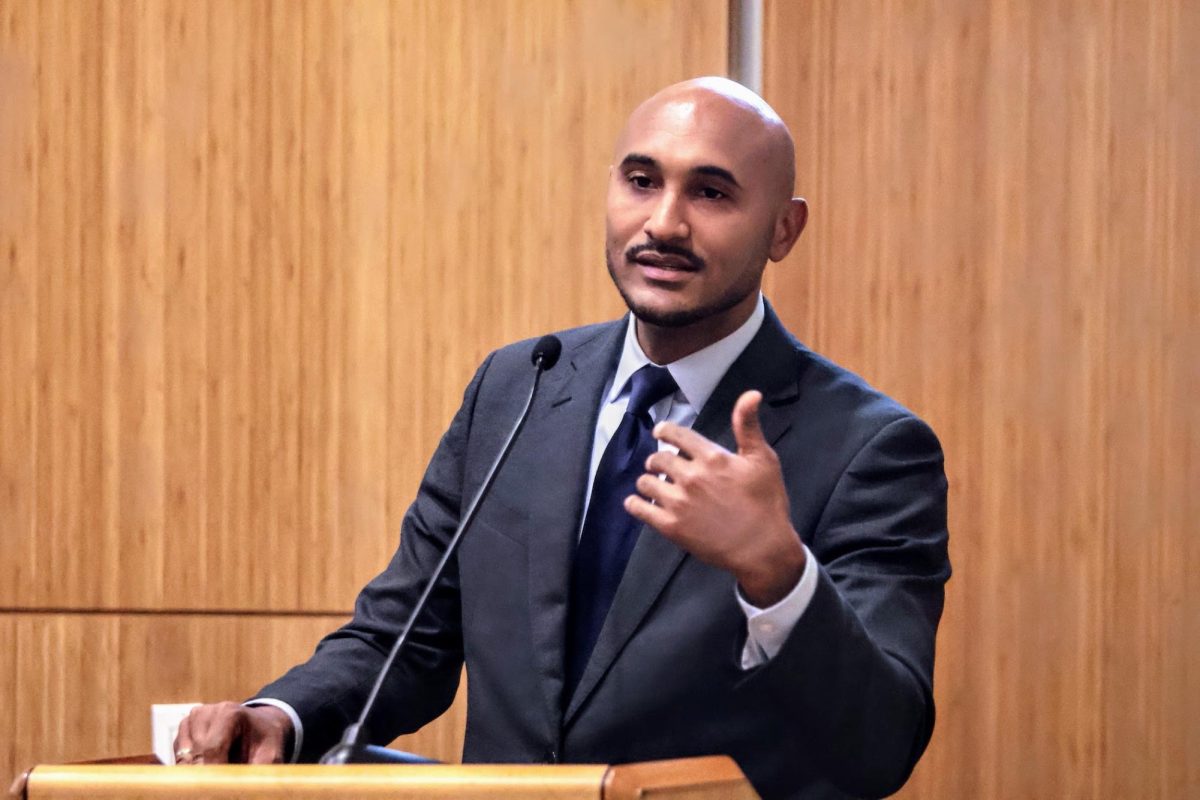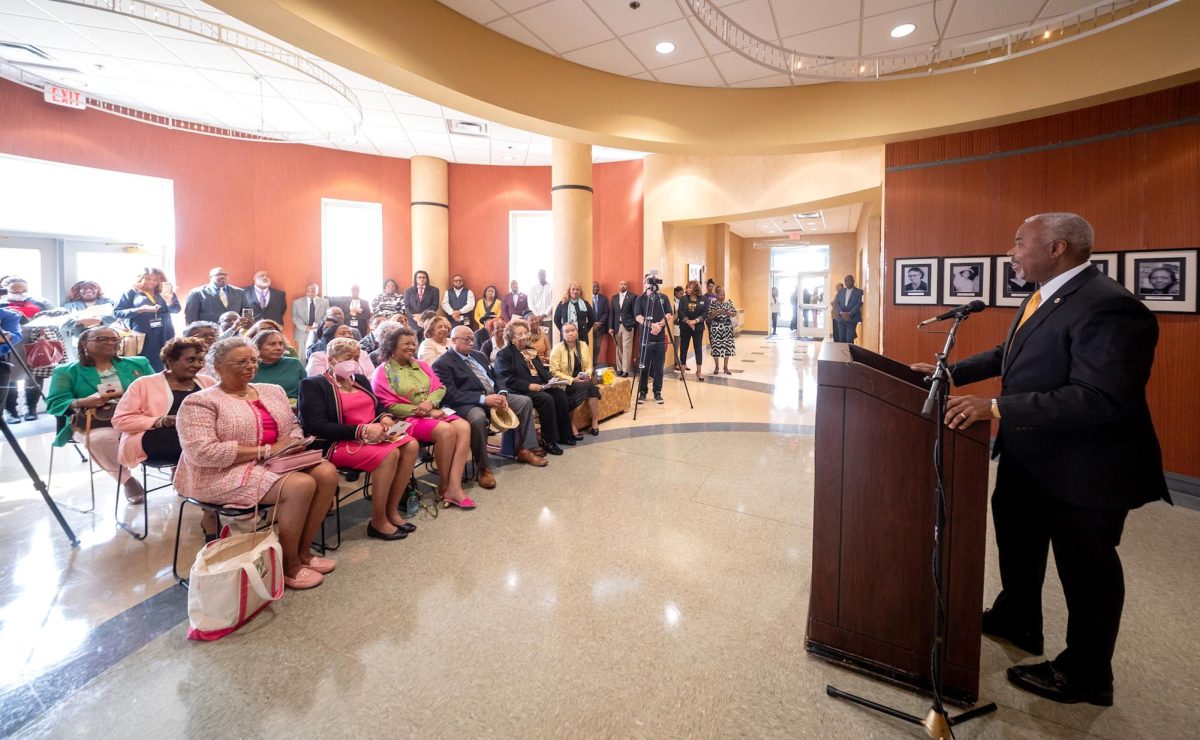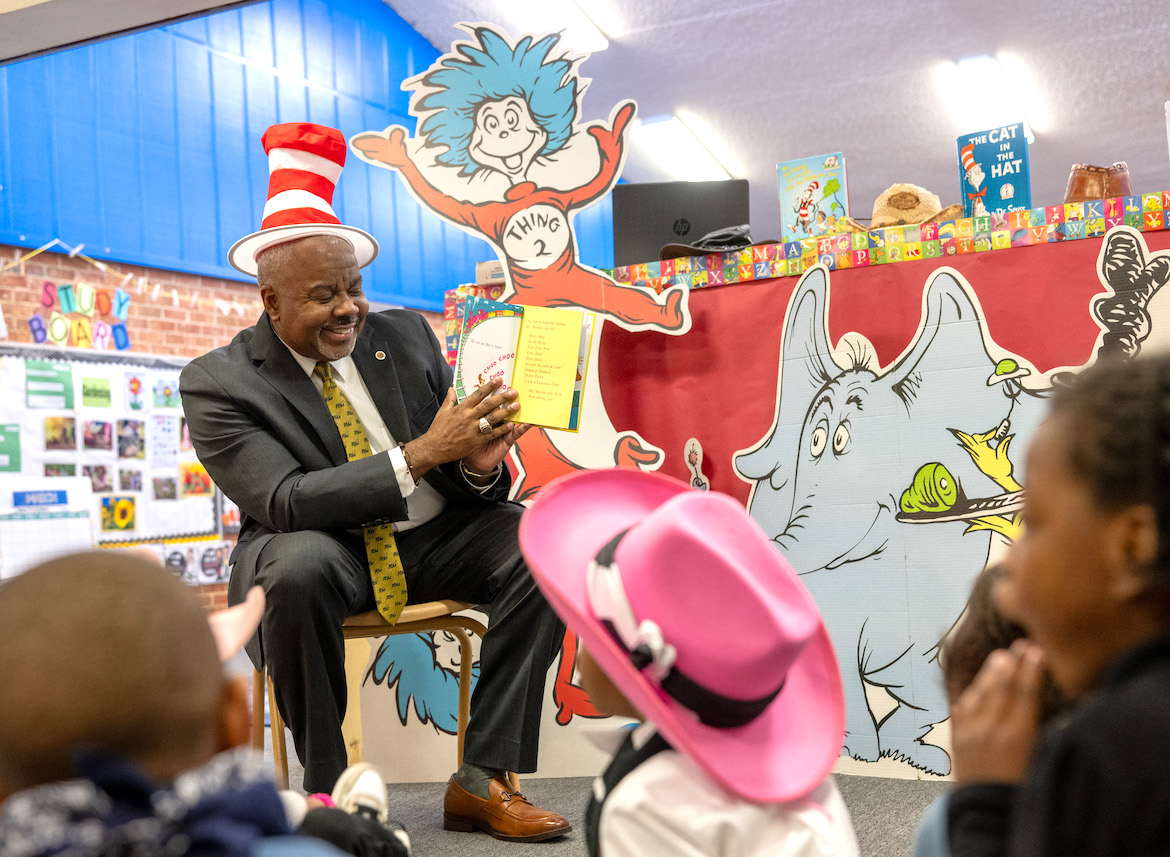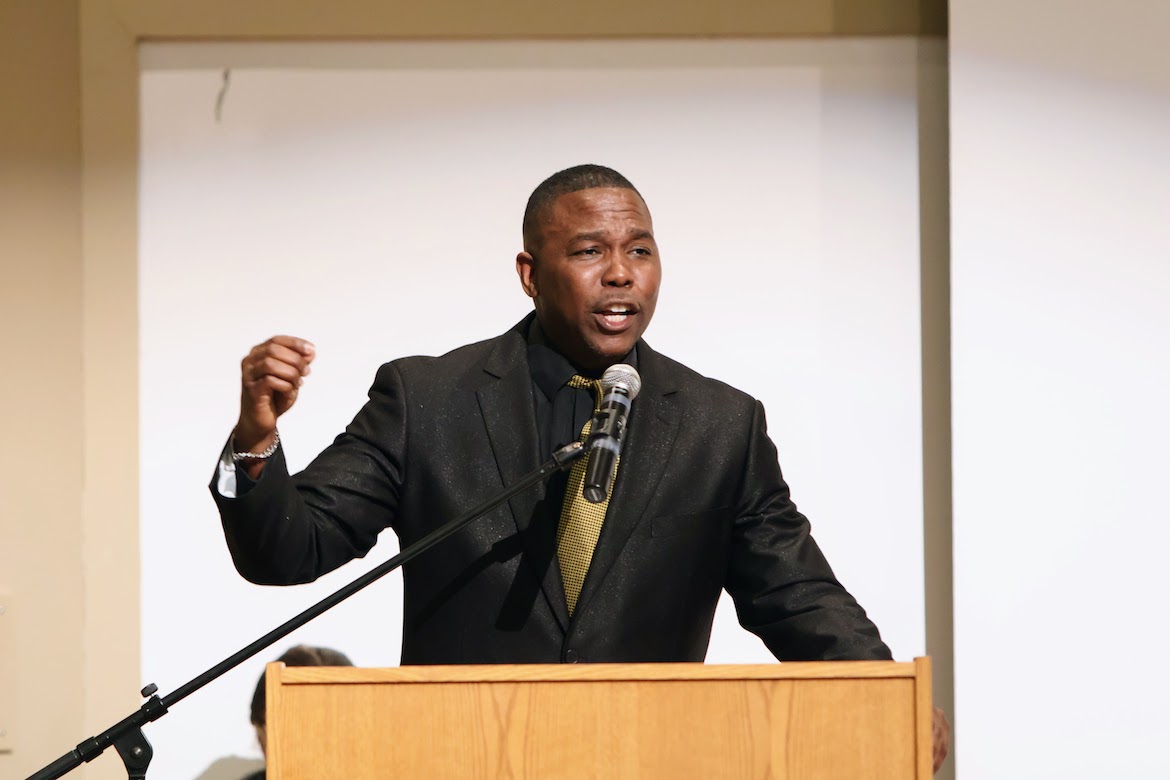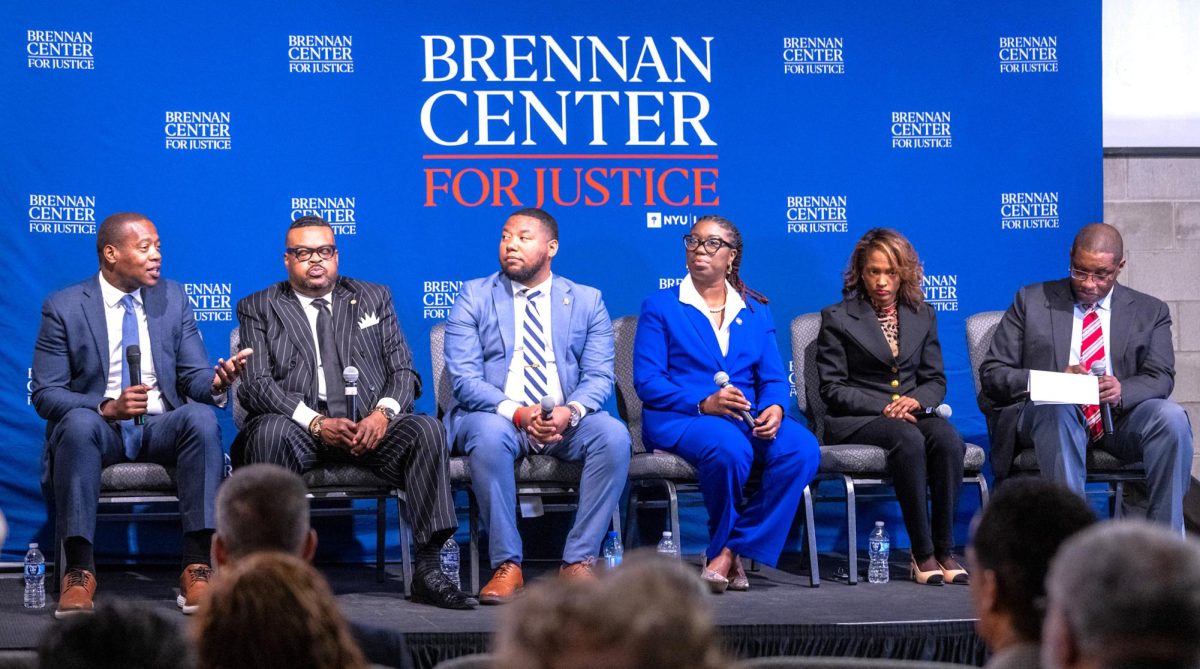A team of six Alabama State University students brought home a win at the HBCU Innovation App Design and Pitch Competition, hosted by the Alabama Collective. The competition centered on Artificial Intelligence (A.I.)
Oluwatosin Oyekeye, Guy Samandari and Abigiya Mesfin — three stars of the Global Leadership Initiative (GLI) of the W.E.B. Du Bois Honors Program — alongside three members of the College of Business Administration (COBA) — MaKaylah Harris, Edwin Aryitey and Ellis Aryitey — placed third and received $2,500, with Oakwood University placing first earning $10,000 and Tuskegee University earning $5,000 for second place.
“Alabama State University is delighted to share the extraordinary accomplishments of three exceptional honors students of the GLI who represent our program and exemplify the power of creativity, resilience and collaborative excellence,” Ramakrishnan Alagan, program director for the W.E.B. Du Bois Honors Program said.
The university’s team’s groundbreaking project ingeniously leveraged A.I. chatbots to address the pressing issue of loan denials faced by minority communities in the United States.
“Winning the award was a very good feeling indeed,” said Samandari, a senior finance major who plans to attend graduate school. “Our business pitch concerned how artificial intelligence data may be able to help overcome the prejudice that sometimes happens in the human finance interaction of purchasing both commercial homes and corporate businesses when the information comes from individuals rather than from artificial intelligence that only discerns facts. By doing this, we can help decrease discrimination because AI has no basis in human feelings.”
Alagan pointed out that the event provided an excellent opportunity for anyone interested in tech and innovation to come together, learn, network and celebrate the potential of technology to drive economic growth and social change.
“Their solution showcases their technical expertise and demonstrates their commitment to inclusivity and social impact,” Alagan said. “We invite all our honors students to draw inspiration from their exemplary dedication and strive to follow in their leadership with other initiatives to exhibit who we are and what we stand for at ASU… Their success … is a testament to the boundless potential of our honors program’s exceptional members …There is no limit to what future leaders can accomplish at the Global Leadership Initiative of the W.E.B Du Bois Honors Program.”
The coordinator of the event, Charisse Stokes, is the executive director of The Alabama Collective. She explained that the competition is organized to help empower communities to close the diversity gap by showcasing senior-level speakers, panels and engagement opportunities related to tech and innovation in the state of Alabama.
“The roundtable featured representatives from leading tech companies, government organizations and academia, who discussed topics ranging from innovation in the state to the latest developments in artificial intelligence,” Stokes said. “To encourage tech innovation among Alabama’s historically Black colleges and universities (HBCUs) and its students, we hosted an application to build a pitch competition centered around artificial intelligence. This type of program allows us to promote the student talent at ASU and other HBCUs in AI so that businesses, the general public and fellow academicians will see how its students, faculty members and schools have tremendous talent in the STEM sciences, especially in cutting-edge artificial intelligence.”
ASU TRUSTEE MADISON INVOLVED IN THE EVENT
Joining Stokes in the program was ASU Trustee Delbert Madison, a senior vice president of Treasury Management Sales at ServisFirst Bank.
“It is important to thank the panelists and judges from such acclaimed firms as CSX, Trustmark Bank, the U.S. Air Force, Coca-Cola and my institution, ServisFirst Bank,” Madison said. “I am very proud of how well our team from Alabama State and the other schools did at this event. It was an opportunity for all who care about tech and innovation to see it working at its best, and in the end, it empowered diverse communities to assimilate and celebrate the power of technology, which drives economic growth and social change and helps eliminate racism and other negative aspects that hold us back as a nation when we interchange AI for human decisions.”


